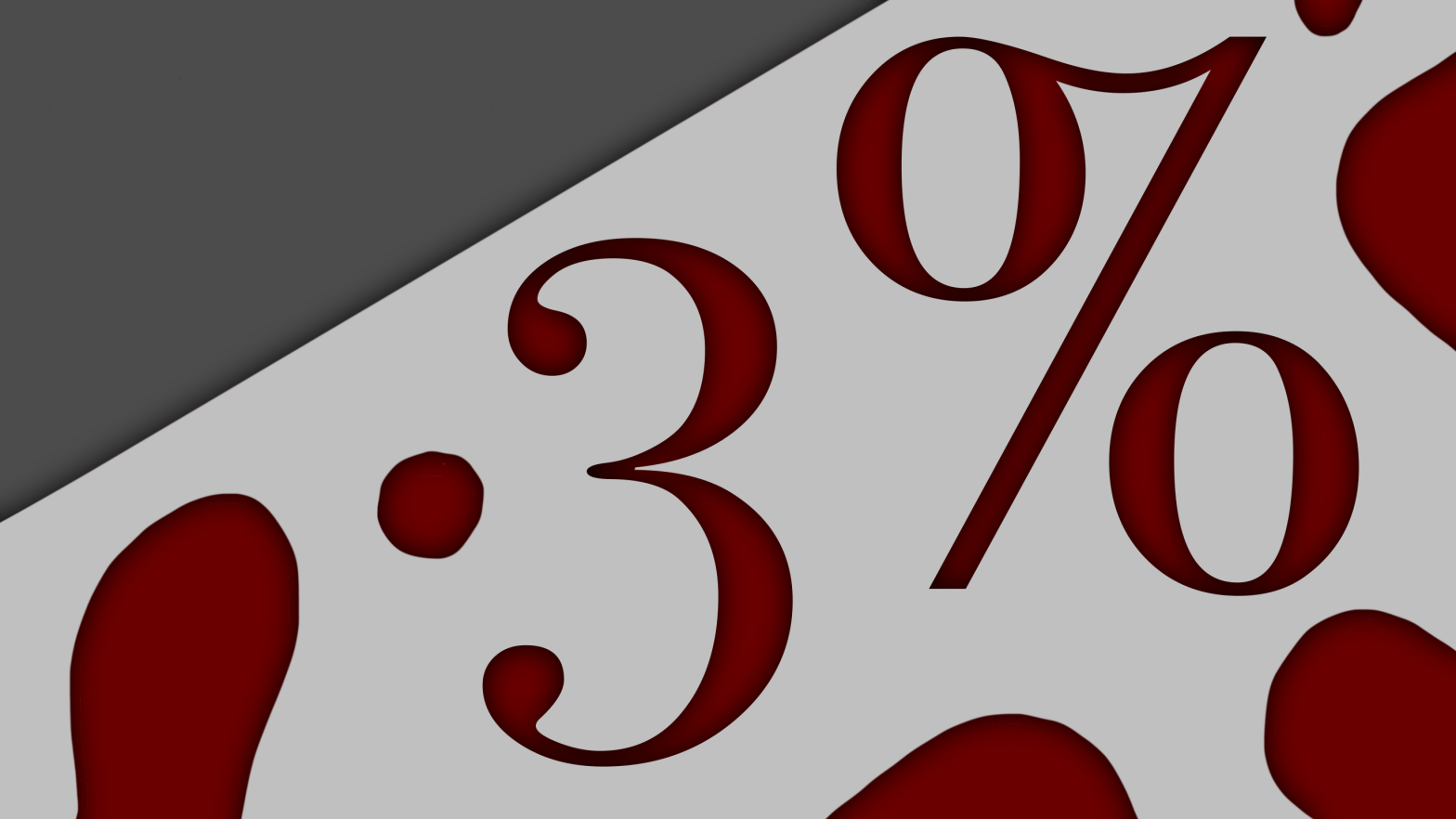It had been a while since I had seen any tv, so this week I loaded up Netflix and watched the first season of 3%, a Brazilian thriller. Set in a dystopian future, the plot centers around the Process. A series of tests in which 20 year old residents of the impoverished Inland compete, in hopes to be a part of the 3% of individuals chosen to live on the Offshore. To many, the Process represents equality. Everyone has an equal opportunity to live the good life on the grounds of their merit; regardless of family or status.
You can see the appeal of this. We all know what it feels like to lose an opportunity for advancement to someone else with money, connections, or influence.
But I am smarter.
But I worked harder.
It’s frustrating. The equal society of 3% appeals to this basal sense of justice within us. A fair society where each individual gets what they deserve.
…then why does it still feel wrong. Why does it feel wrong when we see the lives of these people living in the inland? It is because equal opportunity is only one facet of equality.
America, the Land of Opportunity.
A title we still fail to live up to, but nevertheless tout as the principle force of our ethos. However, I argue, and 3% demonstrates, that an ideal country of equal opportunity is not the country of equality that we desire. I argue that equality is not born of merit, but of existence. By a human’s existence alone, they deserve the same quality of healthcare, safety of community, and, yes, breadth of opportunity. As our country continues to fight and pursue equal opportunity, let us not leave people behind and forget the many facets of equality. Lest in a dystopian future, we find ourselves residents of the Inland.


